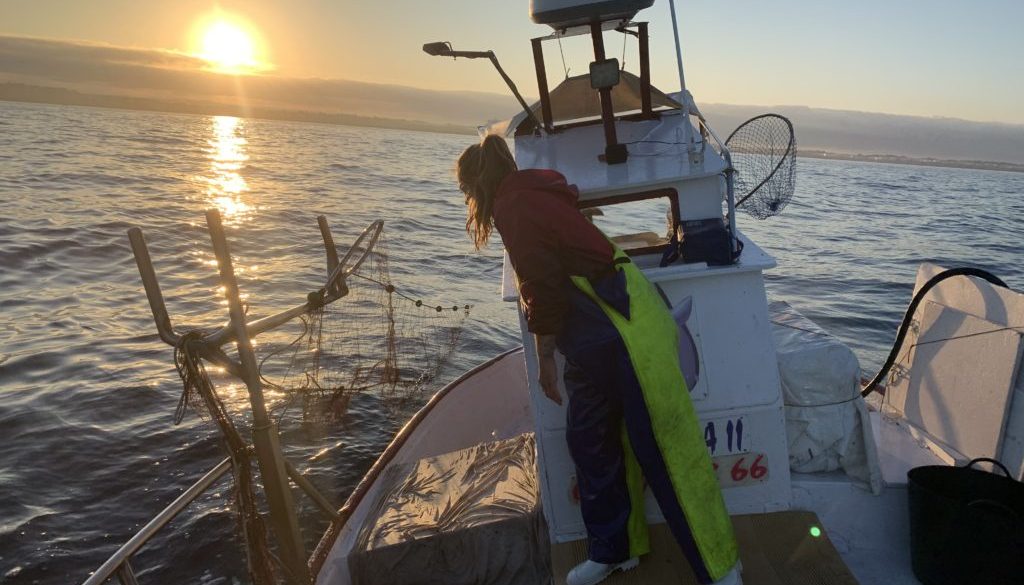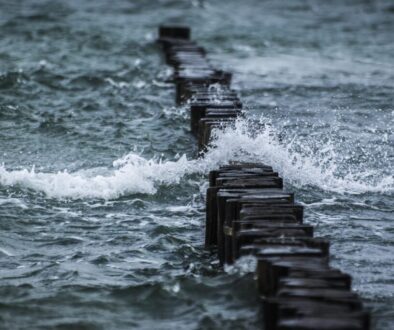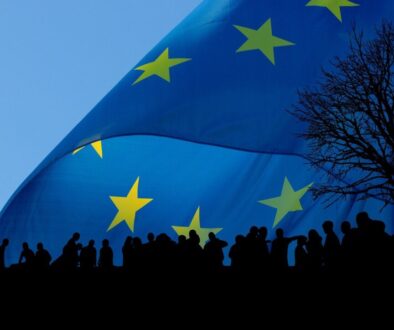Brussels 1 April 2022
The European Commissioner for Environment, Oceans and Fisheries Virginijus Sinkevičius responds quickly to another crisis in the fisheries sector but stresses that mitigating rising fuel and energy costs must not conflict with achieving Green Deal climate neutral targets.
Increases in fuel and energy prices triggered by Russia’s invasion of Ukraine have hit the viability of the fishing sector hard. The whole European seafood value chain is affected by the unfolding crisis – fishers, aquaculture farmers, processing and marketing companies. This is also causing higher prices for consumers and adding to the cost of living crisis.
EU dependence on Russian fuel is also indirectly financing Ukraine’s destruction by Russian hands. The EU has spent 35 billion Euros on Russian energy since the start of the invasion, compared to 1 billion Euros in support of Ukraine.
That said, the European Commission was quick to react, providing emergency funding under the European Maritime, Fisheries and Aquaculture Fund (EMFAF) to mitigate the impacts of the crisis to the fisheries sector – across the board.
At a second meeting with fishery sector representatives last week on April 1 to discuss the developing situation, European Commissioner for Environment, Oceans and Fisheries, Virginijus Sinkevičius reminded the sector that given the current grave situation, the Green Deal transition to climate neutrality by 2050 is even more imperative. Measures to alleviate the current crisis must not detract from achieving longer-term climate objectives he said; there must be no conflict between taking short term measures to mitigate the crisis and the EU’s longer-term climate ambitions.
The European Green Deal envisages a climate neutral Europe by 2050, with greenhouse gas emissions reduced by 55% below 1990 levels by 2030. Climate neutrality includes off-setting greenhouse gas emissions against funding greenhouse gas emissions elsewhere.
However, as yet there are no commercially available off the shelf solutions for the fishing fleets to invest in to seriously reduce their carbon footprints.
Fishing is an energy intensive extractive industry. However, it uses energy only to extract what nature has already produced. Therefore, compared to livestock production, fishing is able to put animal protein on our plates with a relatively low carbon footprint. But that is only one side of the picture. Fishing also impacts the food chain and marine biodiversity, reduces resilience of marine ecosystems, distorts predator-prey relations, and disrupts carbon sequestration.
These issues are to be addressed in the EU’s Biodiversity Strategy, which aims to restore the “good environmental status” of marine ecosystems. An action plan to conserve fisheries resources and protect marine ecosystems will include measures to limit the use of fishing gear most harmful to biodiversity, including on the seabed.
The larger scale sector has responded by forming a European Bottom Fishing Alliance to lobby against reforms that may prejudice their interests.
More pain, but little gain for small-scale fishers from fisheries aid
Another takeaway from the meeting was that whilst some considerable support is being channeled to the European fisheries sector, relatively little is finding its way directly to the smaller scale fleet. The focus of the Commission’s and Member States efforts is on larger scale fishing which provides the bulk of the catch and economic benefits. However, there are no specific mechanisms in place to support the struggles of the smaller scale low impact fishing fleet in the face of this crisis.
These are nano- or micro-enterprises, with comparatively low business turnovers – cottage industries if you like. In many cases they do not qualify for VAT rebates or tax-free fuel, and have to buy their fuel straight from the pump. Many vessels too use petrol outboard engines. In most cases small-scale fishers do not belong to Producer Organizations and so can’t access Storage Aid and other State Aid provided to the fisheries sector as part of the emergency measures.
Small-scale fishing provides 50% of the employment in EU fishing sector, and 70% of the fleet. It relies extensively on unpaid labour, mainly from women family members, to ensure economic and functional viability. Although restricted to only 5% of the catch, small-scale landings provide high quality fresh fish on a daily basis to local communities, hotel and restaurant businesses, local tourism, and providing jobs and economic and cultural activities where few alternatives exist.
Don’t throw the baby out with the bathwater
These hard-pressed family businesses and the many thousands of direct and ancillary workplaces they provide could easily go to the wall if the current crisis continues without any respite.
That would be unforgiveable. Small-scale low impact fisheries could provide a vital part of the necessary transition to the climate neutral future sought by the EU’s Green Deal – low in environmental impact, low in fuel consumption, high in social and cultural value, and providing a top of the range product.
We urge the Commission and Member States to adapt mechanisms to support this vital sector through the crisis and support it to innovate hydrocarbon free propulsion and energy alternatives.
photo: Annya Crane




